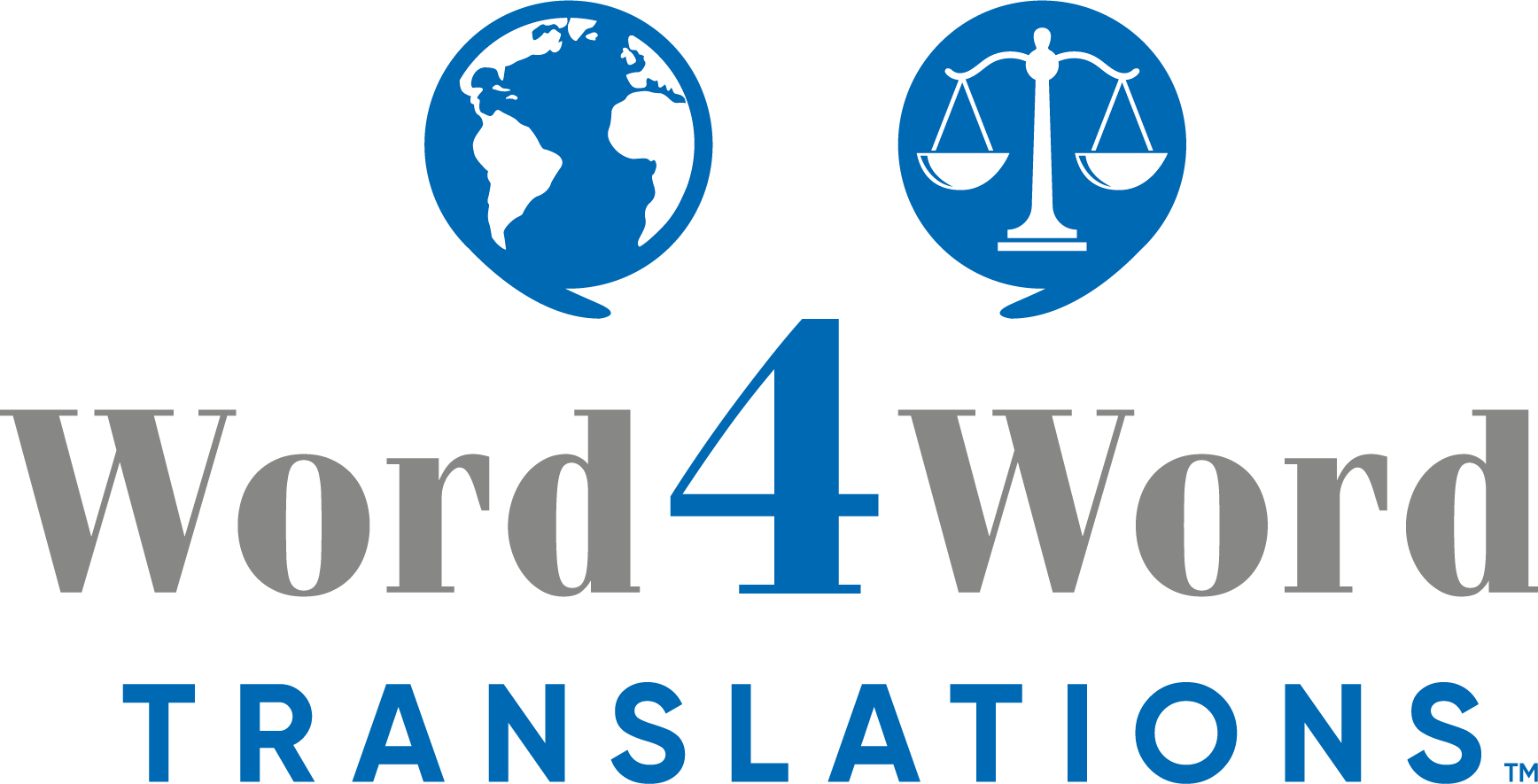How Our Translation Services Facilitate Settlement Agreements
Settlement agreements are crucial in resolving disputes outside the courtroom, offering a mutually agreed-upon resolution between parties. However, the success of these agreements heavily relies on clear and precise communication, especially when language barriers exist. This is where our expert translation services come into play.
Why Accurate Translation Matters
A settlement agreement is a legally binding document that outlines the terms of the resolution, including financial settlements, obligations, and any future actions that the parties must adhere to. If any part of the agreement is misunderstood due to language differences, it could lead to disputes, legal complications, or even the agreement being rendered invalid.
Our Role in the Process
Understanding the Legal Context:
We begin by ensuring that our translators are well-versed in legal terminology and the specific legal context of the settlement. This knowledge allows us to translate the document with the precision required in legal settings.
Ensuring Clarity and Precision:
Our translators work meticulously to ensure that every term, clause, and condition in the settlement agreement is accurately translated. We focus on maintaining the legal integrity of the document while making it easily understandable for all parties involved.
Confidentiality and Trust:
We understand the sensitive nature of settlement agreements and guarantee that all translations are handled with the highest level of confidentiality. Our secure processes ensure that your documents are protected at every stage.
Facilitating Mutual Understanding:
By providing clear translations, we help all parties involved in the settlement fully understand their rights and obligations. This clarity reduces the risk of future disputes and promotes a smoother resolution process.
Why Choose Us?
Our team is committed to providing reliable and accurate translations that help facilitate successful settlements. Whether you’re negotiating a complex business dispute or resolving a personal matter, you can trust us to ensure that language barriers don’t stand in the way of a fair and just agreement.
If you’re in need of expert translation services for your settlement agreements, contact us today. Let us help you bridge the language gap and achieve a successful resolution.
